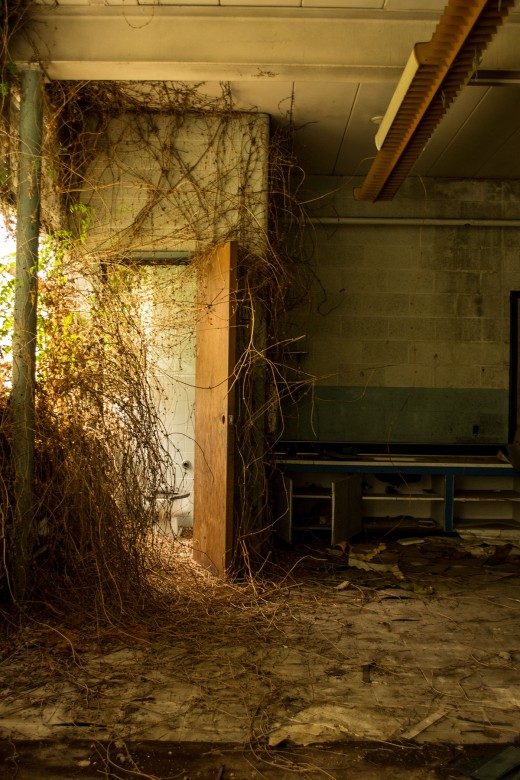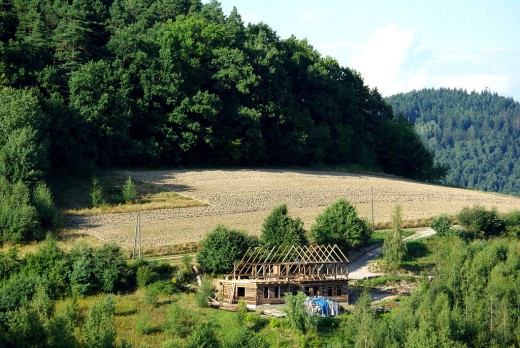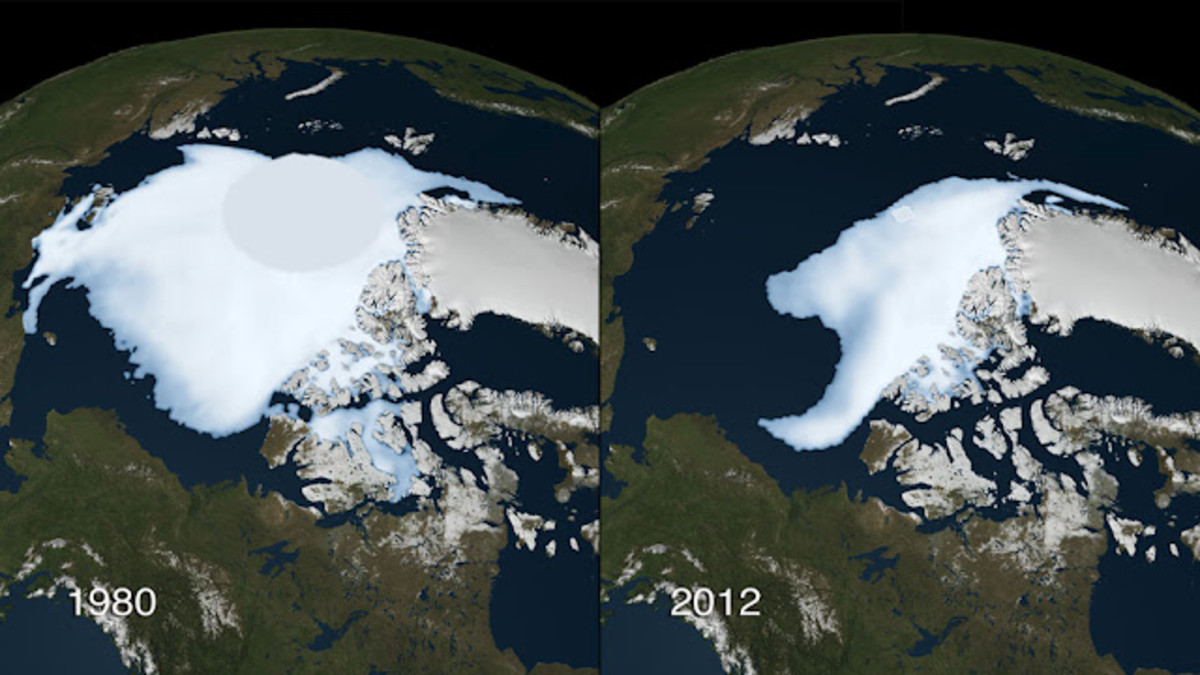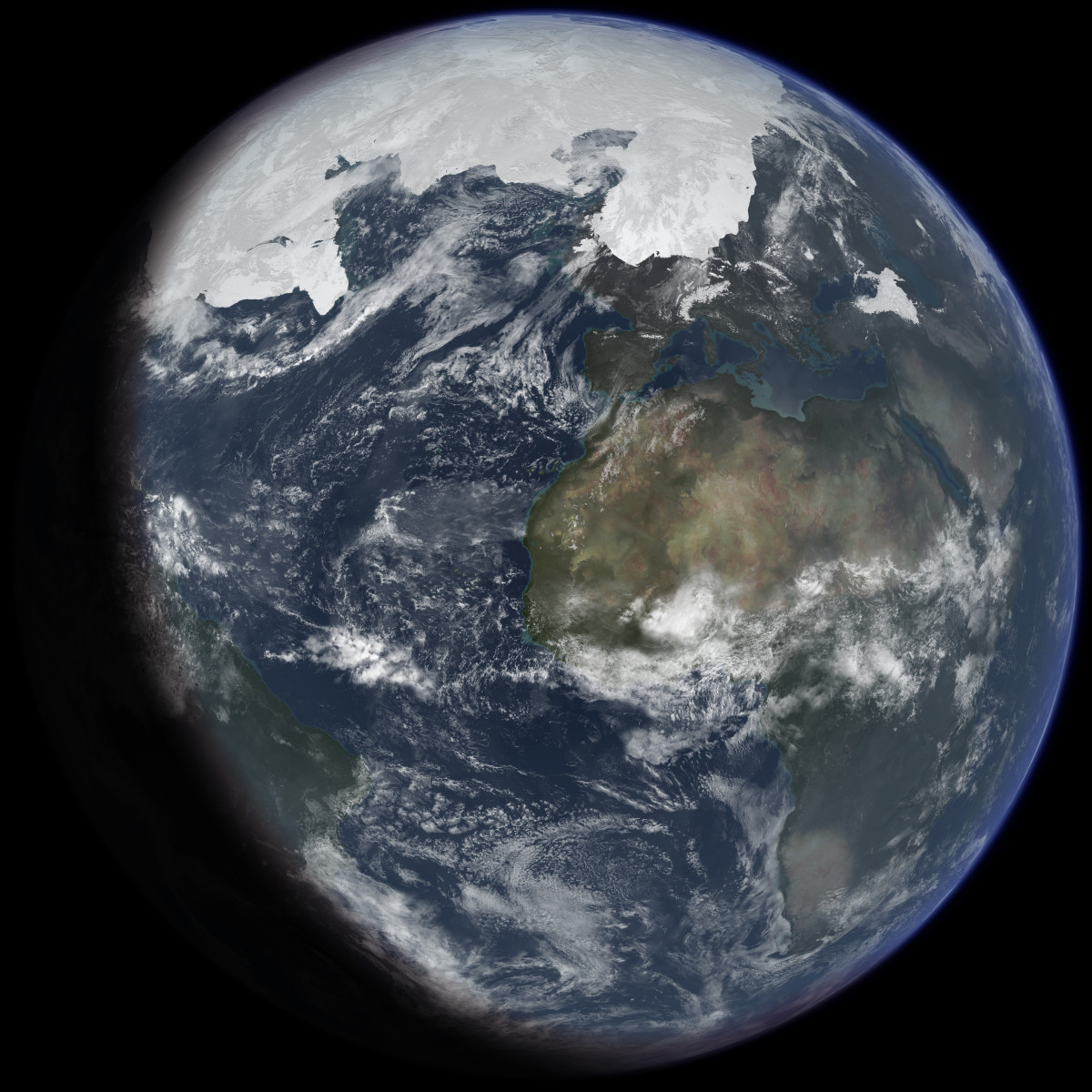Are You Ready for the Breakdown of Society?

The human race is in Big Trouble!
It's no longer fantasy or science-fantasy. It is now observable across the board, from biology to physics to finance. The human race is in Big Trouble. Even the less concerned are now getting a feeling for what is coming toward us. Scientists have got the data, mystics and sensitives know it (and knew it a long time before the data corroborated it) and many are awake at night wondering what to do about it.
Financiers nervously watch the dollars, knowing that continual expansion is not possible. Biologists look at the astonishing decimation of insects around the world and know it is foreboding. In fact, the worry with regards to climate catastrophe is so great, that there is even a new strand of therapy emerging, where people are finding a way to deal with the fact that humanity has truly plundered and destroyed the environment which it needs for its own survival.
But at the same time, a great many people have their heads buried in the sand, unwilling to see the truth of it. People like Trump, taken in by the shallowest forms of conspiracy theory and who are convinced that the climate change 'hoax' and 'fake news' is a signal that all is well, and that business as usual is the order of the day.
The more intelligent objections look at grand cycles, such as sun cycle activity, and pin these grand cycles (or solar minimums) to periods in our history where society boomed and busted. However, looking at the GSM (grand solar minimum) or the Maunder minimum, does not factor in the influence of human activity on our ecosphere - and that too is a form of denial.
Downplaying the effects of CO2 on out atmosphere - despite the science behind it - also allows these people to downplay other ways in which humans have impacted the ecosphere, and which also have a knock-on effect on our climate. Large scale mining, sea dredging, deforestation, nuclear radiation contamination, pesticides, plastics... all of these add up to a whammy that the Earth has difficulty contending with.
We are in the Anthropocene whether denialists like it or not.
Humans rely on this one Earth for everything....

Sudden Catastrophe or Gradual Change?
The question isn't really whether we are on the edge of a precipice or not, but what time scale we're actually looking at. Evolution is generally a slow process and we always tend to think of changes and even our own deaths, as something that will happen 'in the future'. Few of us have to face harsh realities in an immediate way, unless we have developed an illness, or our personal circumstances have destroyed any sense of normality.
However what is happening now, is an extraordinary acceleration not seen in the planet's history - whether we look at the acceleration of CO2 (which is now approaching levels not seen since the Pliocene, but arrived at in a fraction of the time), or the destruction of habitat and extinction of creatures, these really are unprecedented times. It's no wonder that most of us can't get our heads around it, especially when our electricity is still on and running water is still running from our taps.
Society evolves when wide scale farming takes place without disruption i.e. when climate is stable. Sudden changes are not something the human mind can easily grasp.
So how can we as human beings, actually even begin to understand the exponential curve we're collectively facing?
The issue is that it still looks like Gradual Change to us, but actually, looking at the data, we are on the steep slope of sudden change and it looks more like Sudden Catastrophe rather than anything else.
Knowing this, it makes sense to prepare mentally and emotionally, so that we can be of some use to those around us....
When nature takes over.....

Are You Prepared?
On an individual level, faced with the inevitable doom, it might seem like there is little that can be done - but just lying back and playing dead in advance, is hardly a useful approach. Most of us have loved ones and people who rely on us in some way. The scared and the unprepared need the help of those who have a degree of knowledge and know-how.
Though it's true that living in fear as a 'Doomsday Prepper' is hardly a long term winning strategy, as generally it doesn't take it account the help we could provide for other people, there are still certain sensible things that can be done, to help attenuate the worst of the most immediate changes.
Location
Living in low areas by the sea or in river flood plains isn't a good idea. Predictions for sea level rise, and sudden downpours, are only now being seen as too conservative. e.g. Sea level rise could hit 2 meters by 2100. Also, we all know of areas that are suffering from unprecedented flooding. So, it's important to think logically over this, and live in areas that are not susceptible to flooding or coastal erosion - despite the fact that developers are still putting up houses in food plains!
Living in huge cities is not really a good option. Though aid will be taken to large cities first, ultimately it will also be where the greatest unrest will be, as so many people will be fighting over few resources. Hiding away in the depths of the country, as a Doomsday Preppier might do, is neither a great solution. Isolated communities are easy targets, and would rely on a military style solution to deal with marauders. Living somewhere in the middle of these two spectrums, however, with a strong and varied community, would provide the most ideal basis from which to move forward during a period of drastic change. The truth, is that we will all need each other when the crunch comes.
Overcoming addiction to comforts & changing expectations
This might seem like a crazy notion, but most of us are hooked by an incredibly comfy lifestyle. Housing, electricity, clean water, heat, plentiful clothing and food; all of this will be disrupted for many people and it is seriously worrying how unable to cope with the simplest of privation some people are. A good practice would be to simply try going without some things you take for granted and immediately learn from it. An obvious point is the large amount of food we eat. Mostly, we eat a whole lot more than our bodies even need, so now would be a good time to start thinking sensibly about nutrition - and where it comes from!
Make friends in the community
It's time to get to know your neighbours. Community will be absolutely essential for survival in the years to come. People will have to help each other out in ways they can't even imagine at this point in time, and the time of the insular lifestyle will be over. How will you deal with climate refugees in your community? When the authority is no longer functional in any practical sense, will you have established sufficient community links to deal with these sorts of issues? These kinds of things are necessary to think about.
Learn practical skills
Knowing the ins and outs of an Excel spreadsheet, or how to create a great game in Python, won't be a skill worth knowing in the future. Practical skills will be absolutely key. In fact, looking at the way communities are already being affected by fire and flood, practical skills are already the skills worth having. Carpentry, building, plumbing.... (Even going back to first principles would be a useful exercise).
Develop a deep intuition
This might not make much sense quite yet. But life in the future will require a very keen and deep appreciation of intuition - knowing where to turn, knowing who to trust, just knowing what to do when the time comes. As our way of life changes, and we're forced into taking stock of who and what we are, having a link in place to that deeper part of ourselves will be absolutely key. So now is the time to go and practice these skills.... Whether it be through prayer, meditation, or long hours out in nature, it's very important to create that intuitive anchor at this point in time.
House under construction









